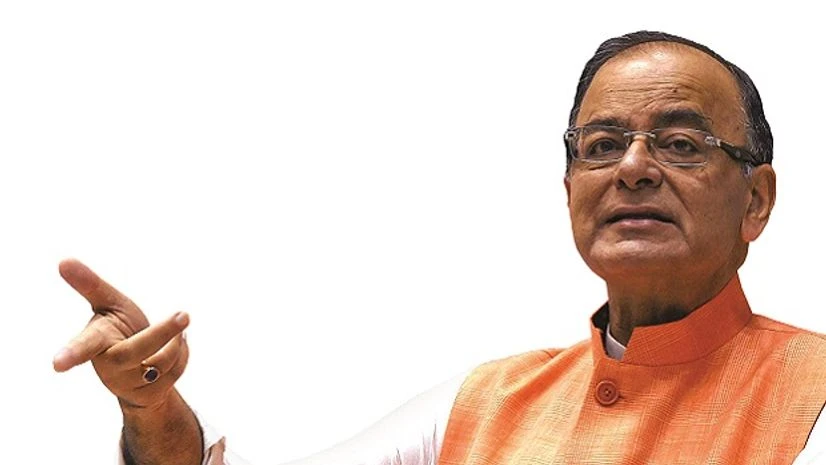A series of consultations were held between the government and top RBI functionaries on demonetisation since February 2016, before the central bank board took a formal decision and conveyed it to the government which took the final call, Rajya Sabha was informed Tuesday.
Finance Minister Arun Jaitley said eight of the 10 directors of the RBI Board were present at the November 8 meeting which made an independent final recommendation with regard to demonetisation to the government.
He said that in May 2016, the RBI Board took a decision on printing currency of higher denomination as a replacement to demonetised currency.
"Consultations at a very senior level with the RBI on this issue had started way back in the month of February 2016 itself.
"The RBI Board in the month of May 2016, as a part of these consultations, had decided to go in for and approve the design and taken the decision with regard to the high denomination currency which was required to be printed as a replacement currency itself.
"Thereafter a series of meetings used to be held periodically, at times on a defined day once a week, where the seniors in the RBI as also in the government were in consultation. Because the decision had to be kept in utmost secrecy, it is for this particular reason that these were not put into public domain," Jaitley informed the Rajya Sabha during Question Hour.
Replying to supplementaries, the finance minister said the formal decision in this regard with this background was taken by the RBI on November 8, but this had been preceded by a series of discussions which had started way back in February 2016 itself.
To a specific question on whether it was the RBI that took the decision of its own or did the government tell it to do so, he said, "The RBI board met and independently applied its mind and made a recommendation to the government.
Jaitley said the long drawn consultation process with RBI was carried on issues including demonetisation and cessation of legal tender.
"A formal proposal to the RBI to consider this matter in the Board is sent by the Finance Ministry to the RBI Board and RBI independently considers it, applies its mind and accordingly makes its recommendation to the government," he said.
Asked specifically as to how many members of RBI Board attended the meeting to decide on the issue, he said out of 10 members of the Board, 8 members attended the meeting.
He said there are a total of 10 members currently on the board of RBI, but there are some vacancies too and the appointment process for those vacancies is at a fairly advanced stage and are likely to be filled up very soon.
Asked to spell out the overall impact of demonetisation as assessed by government, he said remonetisation was at a fast pace and steps were being taken by the government to make sure that the hardship caused to the people is the least.
That is why a series of steps were announced including relaxation in terms of dealing with old currency so that some of the sectors do not suffer at all, Jaitley said.
"The government has been making an analysis and the government is conscious of the fact that there are in the medium term and long term several advantages in term of expansion of the formal sector of the economy itself.
"This will lead to larger digitalisation, which will lead to curbing of black money and crime money transactions. This will lead to larger revenues coming into the coffers of the government," he said.
As Shantaram Naik (Cong) expressed dissatisfaction over the reply given by the Minister, Chairman Hamid Ansari said, "If you are not satisfied with the answers, you know the procedures."
When T Subbarami Reddy (Congress) rose to ask a supplementary to a question on demonetisation, he was not allowed by the Chair as the maximum of three supplementaries had already been asked. "I am very upset and hurt," Reddy said citing his seniority in the Upper House and walked out.

)
